For decades, the idea of using lasers as weapons belonged firmly to the world of science fiction. Futuristic stories envisioned beams of light neutralizing threats instantly, traveling at impossible speeds, and firing without ever running out of ammunition.
Today, that vision is becoming reality. Advances in directed energy have pushed laser technology into the realm of modern defense. Yet, with this leap forward comes a new set of challenges.
Why Lasers? The Advantages Over Conventional Weapons
High-power lasers offer a range of benefits that traditional ammunition simply cannot match:
- Speed of light engagement: Lasers reach their targets instantly, with no ballistic drop or trajectory.
- Silent and precise: Engagement is nearly invisible and quiet, making lasers both efficient and discreet.
- Unlimited “ammunition”: As long as power is available, the system never runs out of shots.
- Low cost per shot: While the initial system cost can be high, each shot costs almost nothing.
These advantages make lasers especially attractive for both offensive operations and defensive systems designed to protect civilians from incoming threats.
The Challenges of High-Power Lasers
Harnessing massive amounts of energy in such compact systems brings unique engineering hurdles. Some of the most critical include:
- Thermal effects: Components can overheat more quickly at extreme power levels, changing performance and introducing safety risks.
- Beam management: Even a brief unintended reflection of 100 kW can be catastrophic, making safe control of the beam essential.
- Beam quality: Power density, not just power, determines effectiveness. Ensuring the beam maintains the right spot size and focus is vital for mission success.
Accurate measurement is key to solving all these challenges. Without precise monitoring, thermal drift, instability, or poor focus could undermine system performance.
Solutions for Directed Energy
We’ve developed tools to measure and manage the immense power of today’s laser systems.
- The 150-kW sensor continuously measures power up to 150 kilowatts with NIST-traceable accuracy and less than 1% backscatter.
- The 70-kW sensor measures up to 70 kilowatts and adds real-time monitoring, enabling insights into rise time, stability, and pulse duration.
These solutions help developers and defense organizations ensure that their directed energy systems are both safe and effective.
Looking Ahead
As militaries invest in directed energy weapons, the role of accurate, reliable measurement becomes even more critical. Success depends not only on generating immense power but also on ensuring that beams are stable, controlled, and precisely focused.
High-power lasers are here to stay, and measurement is what makes them mission ready.
Watch the full video to learn more about the challenges and solutions for high-power laser weapons:
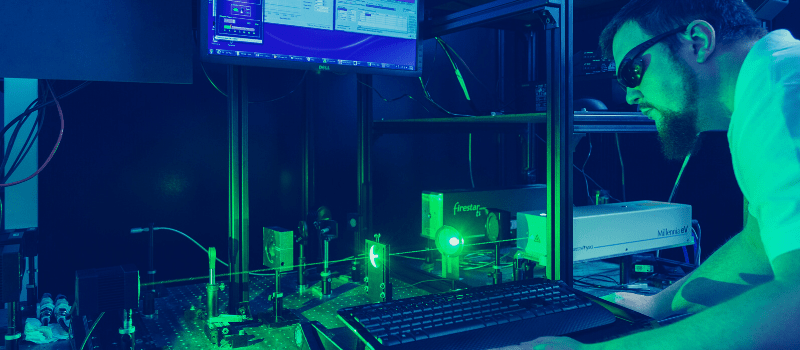
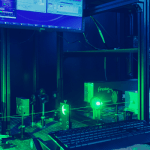
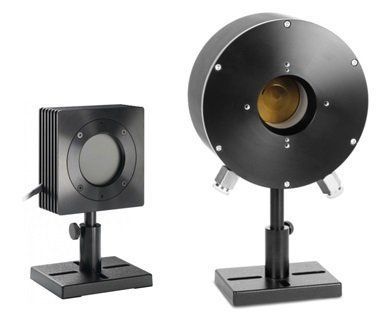
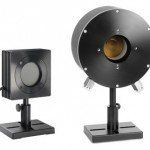




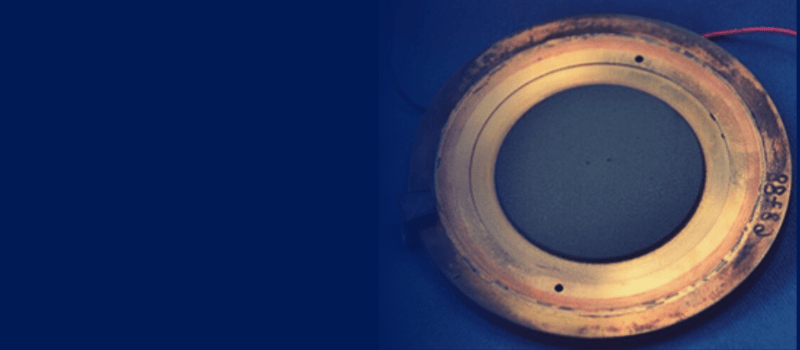



Leave a Reply
Your email address will not be published. Required fields are marked *